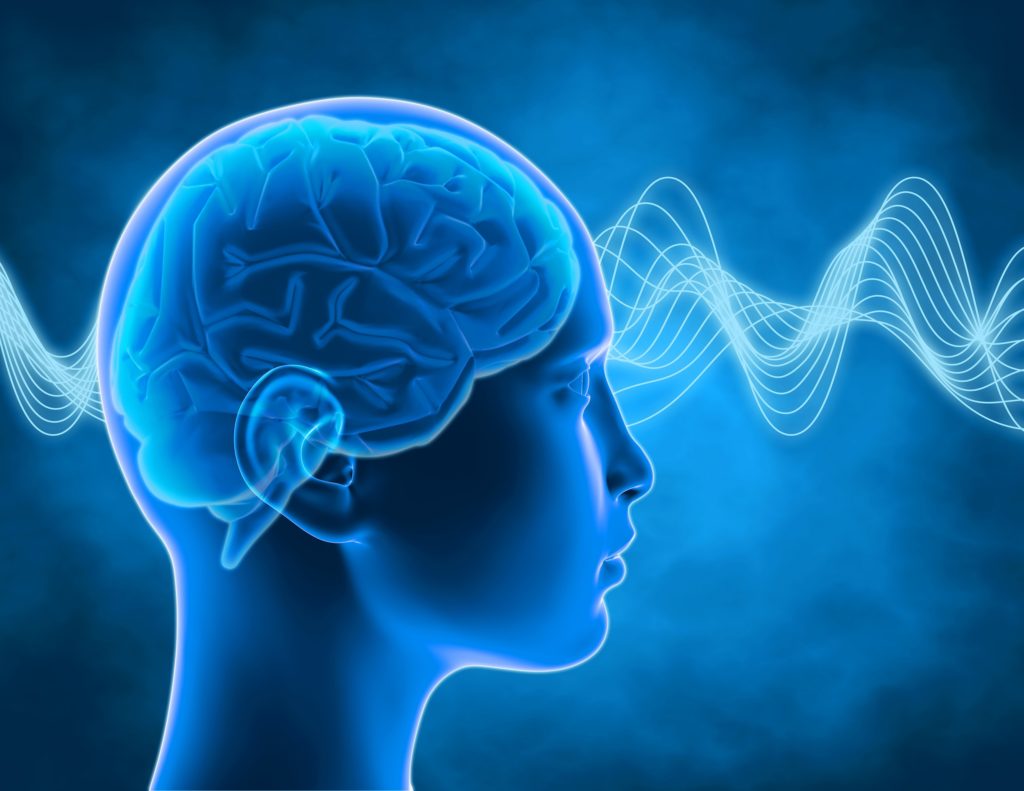Risk or safety? In the case of mental illness, this choice is disturbed
We choose an action a safe or a risky procedure? This is a decision we weigh several times a day. In the process, risk promises to be rich often Act greater benefits, but also carries more risks, that the action achieved the desired result. A secure approach is usually associated with fewer risks, but often with more costs or less benefits. In the case of certain mental disorders such as Depression or impulse control disorders such as gambling addiction, this choice is being manipulated. Researchers have now found a possible way to back by means of targeted manipulation of the decisions back to the correct ratio.
Neurologists at the MedUni Vienna, as well as the NYU School of Medicine have discovered how on the basis of brain activity to determine whether an individual will do next is a risky or a safe action. In the animal model, the researchers were able to demonstrate that you can change as a result of the Stimulation of certain nerve cells in this decision. The results of the research presented, the Team recently in the journal “Neuron”.

What gaming addiction and Depression have in common?
As the researchers report, is both in Depression as well as a present game addiction interfered with the free choice between risky and safe Actions. The Concerned case it is very difficult to change this Situation. Depressed people tend to have an exaggerated need for security. To come “in the morning from the safety of the bed, becomes an often insurmountable challenge,” explains study author John pass Ecker in a press release of the study results.
Gambling addicts are prone to chronic risk-taking
In the case of game addicts, it’s behaving exactly the other way around. According to the passport Ecker Concerned to remain in the same thought pattern and are therefore no longer in the position, the potential losses and consequences of their risk action prepare properly assess. The timely switch to the security variant was disturbed in these individuals.
The expiration of the study
His research tested the study team on rats. In a series of experiments, the animals had a choice between a safe and a risky option. In the safe variant, the animals received, in each case, a small amount of food. In the case of the risky variant, the rodents were able to get four times the amount of food or completely empty. These ratios were changed several times during the Experiments. With time, the animals developed a strategies between risk and safety that allowed them to have a high yield. During the entire experiment, the brain waves of the rats were recorded and analyzed.
Risk or safety of using Brain waves to detect
On the basis of the neural activity in a particular region of the brain called the prefrontal Cortex, could the researchers predict whether the rat will choose a safe or risky move. Every time, when the activity of the nerve cells in this brain region increase greatly, decided by the rodents for the safe and secure way. The activity remained low, and was elected to the at-risk variant.
Like rats to animate more risk
In further experiments, managed the research team to stimulate the brain of the rodents so that they chose the risky alternative. To do this, you have brought artificial proteins in the rat brain, which could then be using a laser activated. When these proteins are activated, they expressed the activity of the prefrontal Cortex. “In consequence, the rats were always full of risk and ignored the self-Anhalt miss success,” write the researchers.
New treatment option for mental illness?
The aim of the scientists is to identify the pathways and cell types in the brain, for a Change or for Maintaining the behaviour responsible. Also, it should better be decrypted, how the different regions of the brain bear the relevant aspects together, which ultimately lead to a decision. “As a result, it could be possible in the future, diseases such as addiction to gambling, but also to understand Depression better and to treat it better,” conclude the brain experts.
